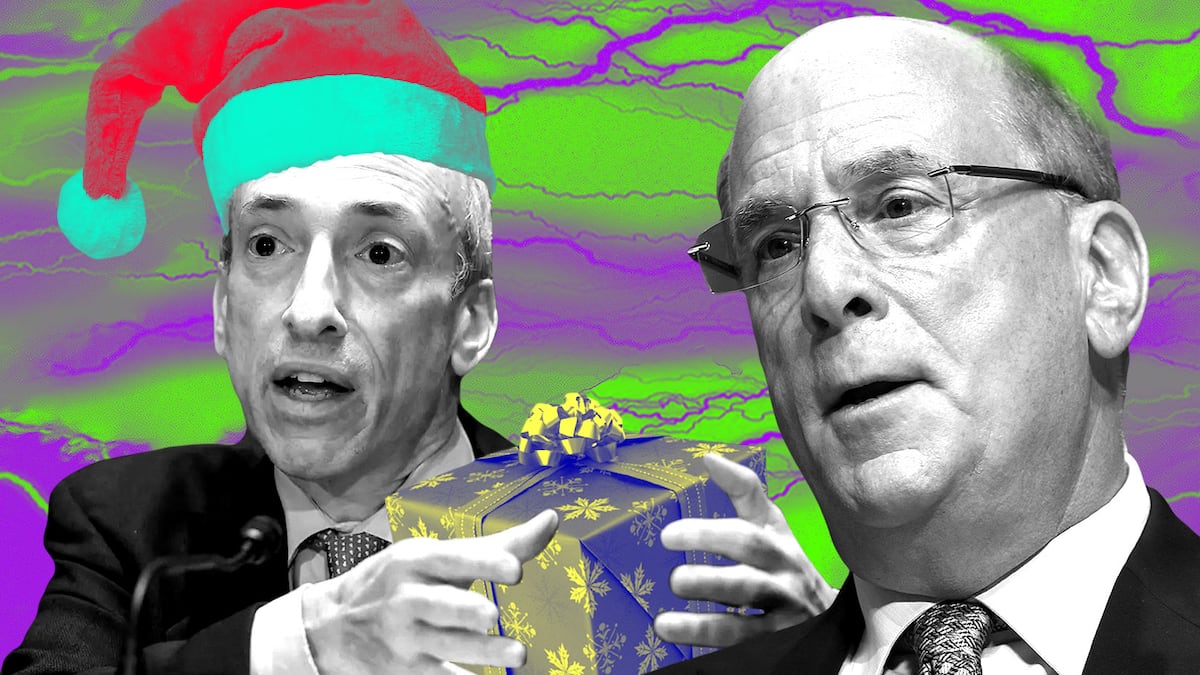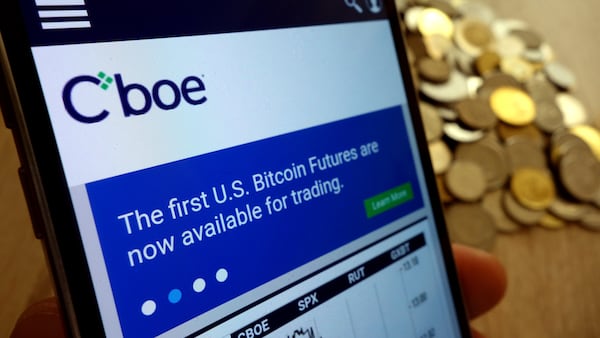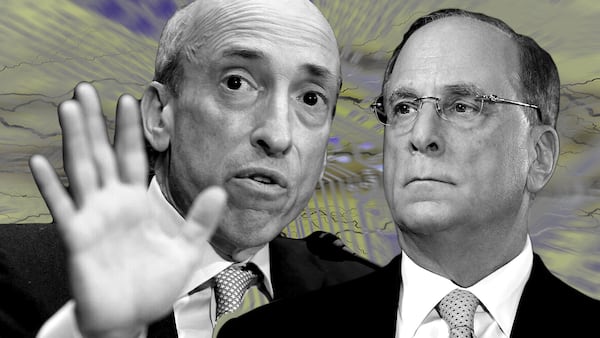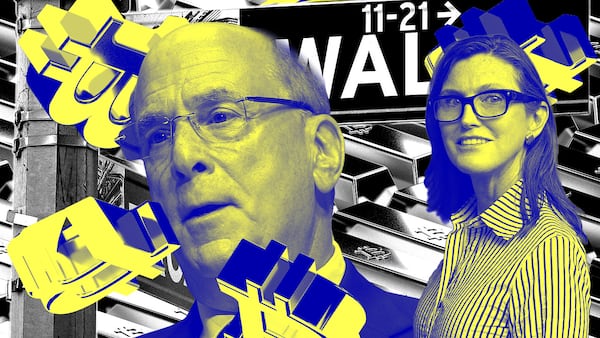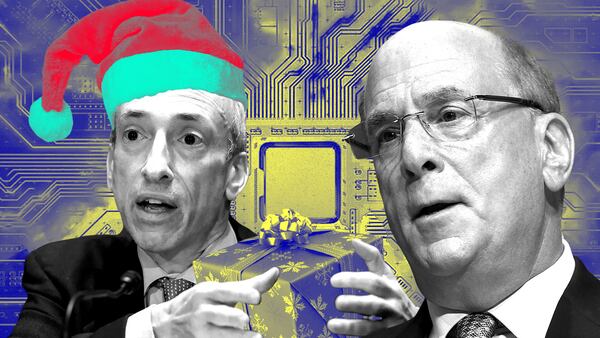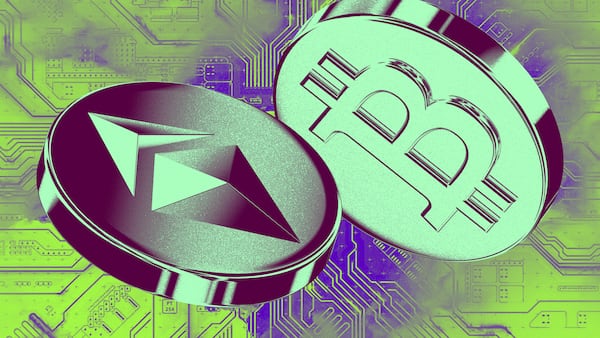- Spot Bitcoin ETFs are even more likely to get the nod from the SEC.
- We also look at predictions for 2024, and Grass raising seed money.
- That and a lot more in this week’s Roundup.
A version of this story appeared in our The Roundup newsletter. Sign up here.
Adam here with some of the week’s biggest crypto stories.
The big Bitcoin exchange-traded fund debate is over. Well, at least the debate over how to handle creations and redemptions is.
Wall Street titan BlackRock bent the knee to the US Securities and Exchange Commission this week, clearing a crucial hurdle on the way to spot Bitcoin ETF approval.
BlackRock agreed to the SEC’s preferred method of redemptions after weeks of deliberations.
What it means: new shares in the potential ETF will be created using cash, as opposed to exchanging the underlying asset — Bitcoin — for its equivalent amount of shares.
The ETF will still hold Bitcoin, nothing else changes there.
The move is “all about getting ducks in row” before the holidays, said Bloomberg Intelligence ETF analyst Eric Balchunas.
Approval is looking increasingly likely.
There’s a live comment period until January 8, so its unlikely we’ll see approval before then.
Hopefully, we can all enjoy the holiday season in the meantime!
Have a great weekend,
Adam.
Adam Morgan McCarthy is DL News’ London-based Markets Correspondent. Got a tip? Reach out at adam@dlnews.com.
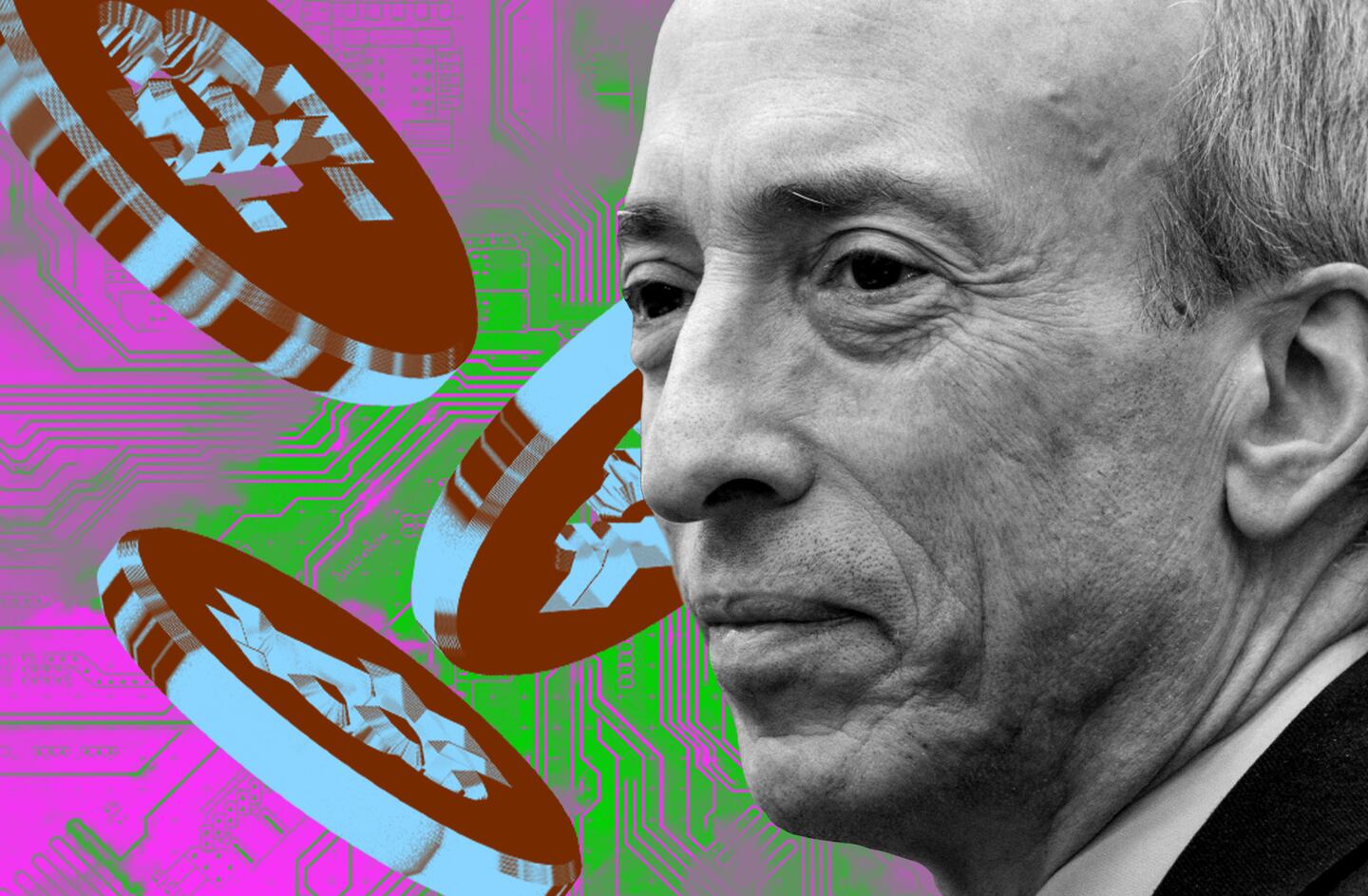
Our ‘grey swan’ predictions for 2024: Gensler steps down, Bitcoin soars 60%
Macro Hive analysts see ‘grey swans,’ or unforseen events that could affect the crypto industry next year. Dalvir Mandara and Bilal Hafeez investigate why and how Gensler leaving office could affect the market.
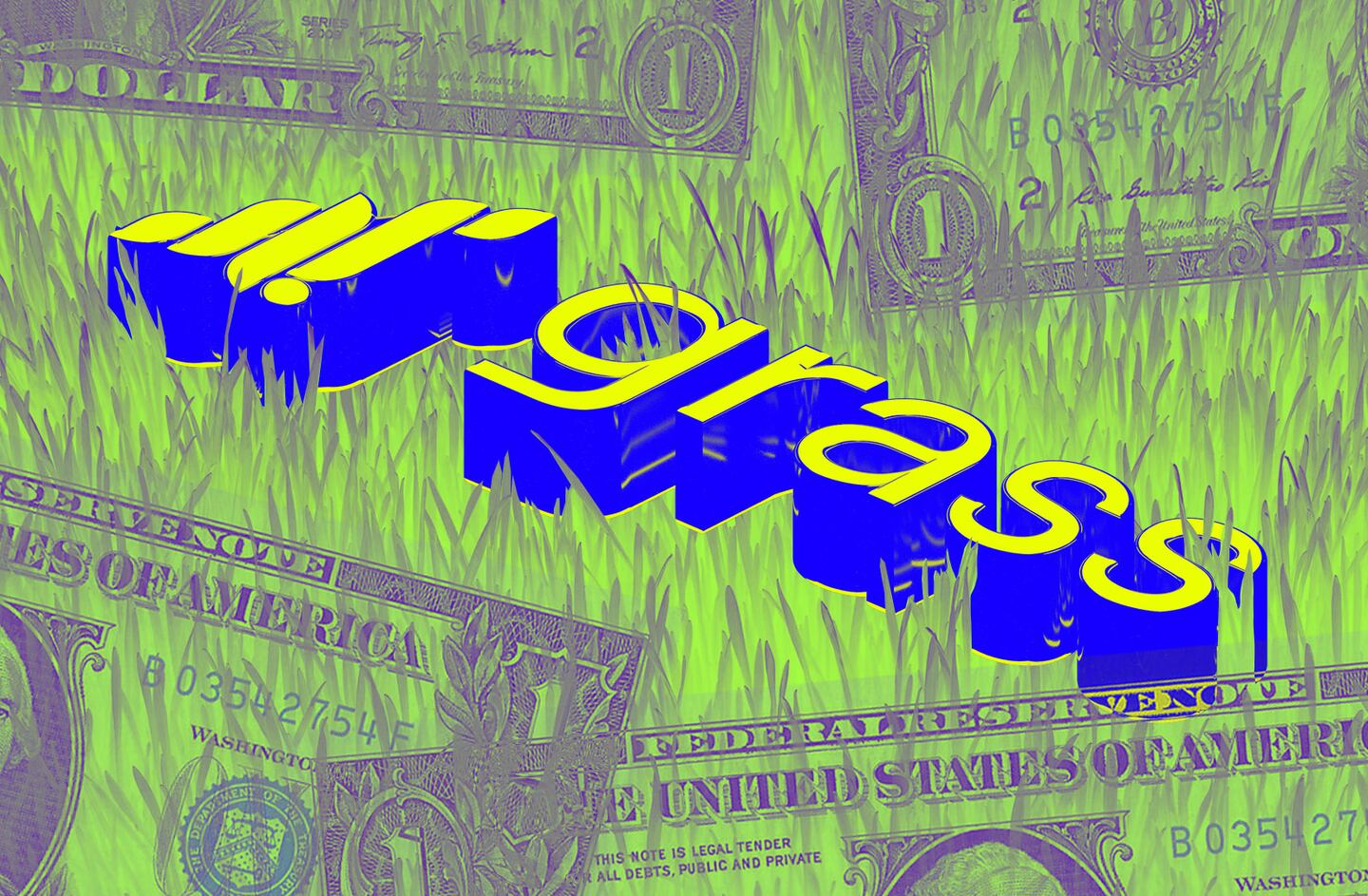
Company behind passive income app Grass raises $3.5m
Wynd Network has bagged $3.5 million in a seed round. The firm’s first product is Grass, a decentralised web scraping network aiming to help companies and nonprofits train AI.

Why DeFi protocols love to offer ‘points’ before airdrops
DeFi protocols that award points to users who complete certain tasks — such as trading or locking up one’s tokens — have found a new way to attract and influence users, proponents say.
